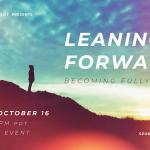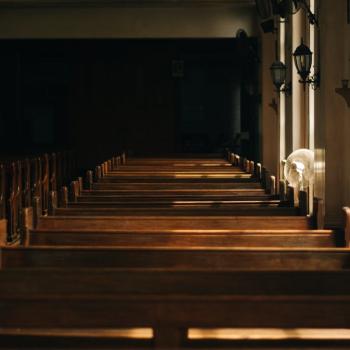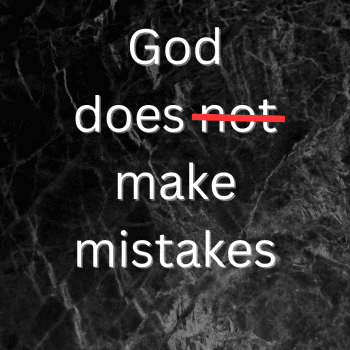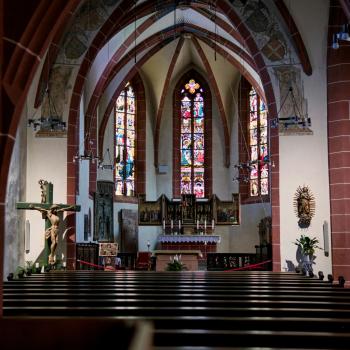
When I try to discuss the topics about thriving outside organized religion, the most prominent pushback that I get from those that attend church is in the area of community. They will say to me, “But, we need community!” And, I will say, “I couldn’t agree more.” But, if we all agree that community is important, maybe it would be worth our time to go through an assessment and make sure we are all talking about the same thing, and have a good understanding of what a good community looks like.
There are moments I remember quite vividly in the over two decades of church work. There was the time, early in my ministry where I reached out to a family in need and found myself performing the ceremony for a 16-year-old boy that was killed in a car wreck. We got even closer that year when his cousin also died in a car wreck. I was instantly a part of their community, not by choice, but because of our circumstances. When you step back and analyze those experiences, you only make one assessment, “That was extremely difficult, but it was also extremely rich and good and beautiful.”
In 20 years, I suppose I attended at least 20 graduations. I probably officiated 20 to 30 weddings, and at least that many funerals. Especially in my first church, I was there for everything: the fish frys, the community Christmas parties, and the street dance that got me in trouble. At the second church, we cooked breakfast for the campers nearby and experienced a different kind of transient community, but it was community nonetheless. Our last church was in Nebraska City where the big thing was the Applejack Festival. So, being a part of that community meant being in parades with the Christian motorcycle group, and going to their meetings, and trying to help meth addicts and homeless people get back on their feet. But more than anything, in all the churches, community meant responding to the needs of the people that came across the threshold of the church. It’s easier in the smaller church, but I don’t suppose the mission changes no matter how big the church is.
As I mentioned before, humans seem to be hard-wired for connection. We long for community to support and advocate for us. Being a part of something bigger gives us confidence to face challenges knowing that someone will be there to help us through struggles. Laura and I are discovering that we are both somewhat introverted. Today, I am perfectly happy to be writing this manuscript and watching football by myself. But eventually I need community to support me in one way or another.
We need connection, but we don’t have to get it through organized community. There may be a few advantages to organized religion for community such as leveraging of resources and group dynamics, but it usually does not outweigh some of the dangers of community.
People often take advantage of the loyalty and trust in a group. This happens inside and outside of organized religion, but a typical church or parish is particularly vulnerable because people do not expect to be abused there. Most of this abuse is not intentional, but hurt people sometimes hurt other people. Again spiritual bypassing and misuse of spiritual terms like forgiveness and unconditional love promote further neglect and abuse.
Sometimes we use the larger group to blend in and avoid responsibility. We can avoid the part of community that struggles with people’s inconsistencies. The real need is not community, but connection. And connection can only effectively happen when we are present and authentic. People sometimes hide in organizations while claiming to be in community – I think that’s a contradiction.
Be where you are, Be who you are,
Karl Forehand

















